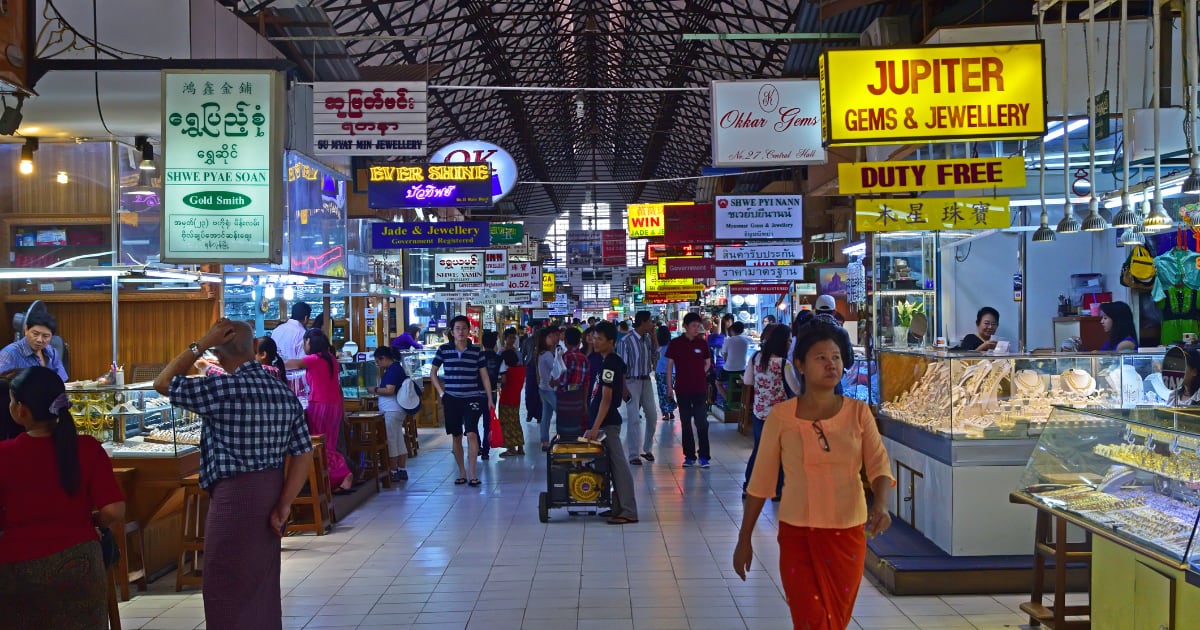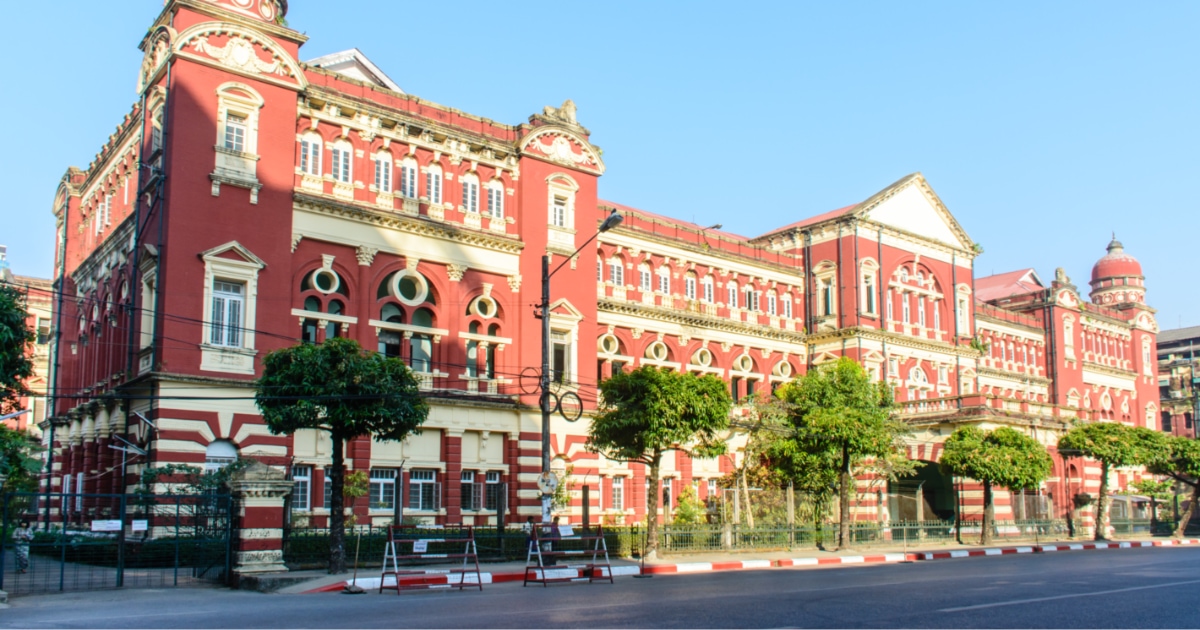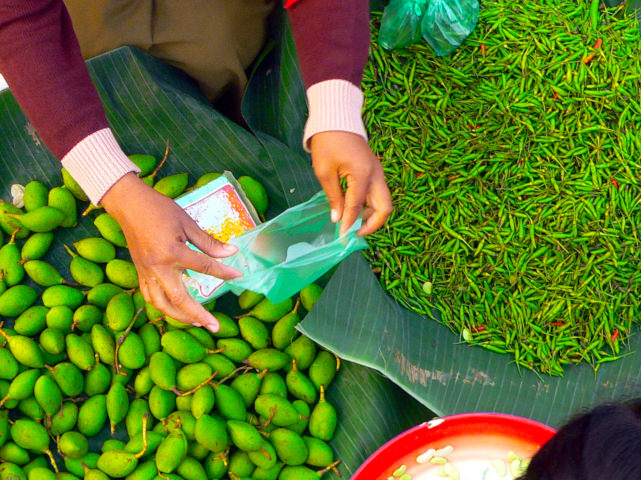Myanmar Highlights
July 2017
Total SA (Total) and the Myanmar Government are engaged in negotiations in relation to the supply of liquefied natural gas (LNG) to Yangon. Total, which operates in Myanmar via its Myanmar subsidiary Total E&P Myanmar Limited (Total Myanmar), is seeking to expand its participation in downstream activities in Myanmar, such as through the development and operation of re-gasification terminals, pipelines and power plants. Depressed global LNG prices means LNG producers are increasingly becoming involved in downstream activities. The development of downstream operations creates reliable long-term demand for LNG. In September 2016, Myanmar invited expressions of interest in respect to the construction of a floating LNG terminal with an annual capacity of 3-4 million tonnes and a 1-gigawatt gas-fired power plant. The Government estimates the total cost of the project to be approximately US$2 billion. Total, which has been operating in Myanmar since 1992, produces gas from the Yadana field in the Andaman Sea off Myanwest coast that meets about half of its gas needs, according to the company’s website. (Source: https://www.bloomberg.com/news/articles/2017-07-20/total-in-talks-with-myanmar-to-build-power-plant-and-bring-lng; 20 July 2017)
U.K’s Department for International Development launches new ‘Business Innovation Window’
The U.K’s Department for International Development (DFID) has announced details of a new initiative to support Myanmar companies and strengthen value chains and promote inclusive economic growth. The ‘Business Innovation Window’, which will launch before the end of August 2017, will provide grants to companies and projects in the agri-business and forestry sectors, as well as the garment and textile industry. Individual grants will range from £250,000 – £750,000. The goal of the Business Innovation Window is to encourage innovative and commercially sustainable business ideas which attempt to address current market failures in the relevant sectors. DFID supports inclusive economic growth and private sector development in Myanmar through responsible and sustainable business growth, investment and trade via its ‘DaNa Facility’. The ‘DaNa Facility’ was established in May 2016 as one of three initiatives under DFID’s “Business for Shared Prosperity” scheme which will run until December 2020. Through its portfolio of activities the DFID supports the Myanmar Government’s economic and development objectives and policies, which includes the ‘Livelihoods and Food Security Trust Fund’ and trade and investment activities through the World Bank Group. The DaNa Facility initiatives are carried out in collaboration with the Ministry of Commerce and Directorate of Investment and Company Administration. (Source: http://www.mmtimes.com/index.php/business/26753-dfid-funded-grant-program-to-target-businesses-in-four-sectors.html; 11 July 2017)
KBZ Bank and Yoma Bank establish Myanmar’s first interbank lending facility
KBZ Bank Limited (KBZ) and Yoma Bank Limited (Yoma) have entered into Myanmar’s first repurchase agreement (Repo). Repos are a form of short-term borrowing for dealers in government securities. Under the Repo, the dealer sells government securities to investors on a short-term basis and buys them back on an agreed date. On 24 July, KBZ and Yoma successfully completed both an overnight test trade of Kyats 1 billion (or approximately US$731 million) and a weekly test trade of Kyats 500 million (or approximately US$365 million). Settlement was conducted through ‘CBM-NET’, The Central Bank of Myanmar’s new clearing and settlement system. Repos usually generate higher yields compared to traditional money market instruments such as cash and bonds. The underlying value of Repos can be increased or decreased to fund cash flow flexibility. They are often used to fund and cover positions that have been created to hedge, arbitrage or trade against opposite positions in a future derivative such as an interest rate swap or a bond futures contract. The establishment of an interbank market is significant for Myanmar, where liquidity has been inadequate and many businesses, particularly in the construction and real estate sectors are cash strapped. The interbank market will also help Myanmar banks mange demand and supply of the kyat. In addition to Yoma and KBZ, AYA Bank Limited, CB Bank Limited as well as the local branch of the ANZ Banking Group Limited, are set to establish interbank lending arrangements. (Source: http://www.mmtimes.com/index.php/business/26965-myanmar-kicks-off-interbank-lending-with-first-repo-transaction.html; 26 July 2017)
International Finance Corporation to provide additional support to Myanmar’s agricultural sector
The World Bank’s investment arm, The International Finance Corporation (IFC) is intends to provide increased support to Myanmar’s agricultural sector. According to the IFC’s Resident Representative for Myanmar Mr. Vikram Kumar, Myanmar has a “significant comparative advantage” in the agricultural sector. Agriculture employs more than 60% of Myanmar’s workforce and accounts for approximately 38% of its GDP. As of the 30 June 2017, the IFC had directly invested a total of US$566 million in private companies operating in Myanmar’s telecom, tourism and energy sectors, and made a similar amount available in other forms of financing. To date, the IFC has made limited direct investment in Myanmar agri-businesses. In 2016, the IFC committed up to US$10 million in financing to the Myanma Awba Group, to partly fund the construction of an agricultural processing complex and agri-chemical production facility. The financing package included a loan facility, US$6 million in debt and a US$1.5 million equity investment in Maha Agriculture Public Company, a subsidiary of the Myanma Awba Group. In addition to making additional investments in Myanmar’s agricultural and agri-business sector, the IFC has expressed an interest in funding educational projects in Myanmar, particularly vocational skills programmes and education. (Source: https://www.dealstreetasia.com/stories/ifc-invest-myanmar-agri-businesses-76450/; 2 July 2017 and https://www.microcapital.org/microcapital-brief-ifc-invests-7-5m-in-debt-equity-in-microfinance-institution-maha-agriculture-of-myanmar/; 16 May 2017
YSX-listed First Myanmar Investment to increase its share capital and issue two million new shares to shareholders
First Myanmar Investment Co. Limited (FMI), the maiden company to list on the Yangon Stock Exchange (YSX), has announced it intends to increase its share capital and issue an additional two million new shares to existing shareholders. FMI is an investment holding company and one of Myanmar’s largest and most successful conglomerates maintaining a diverse range of investments. Its core business is in the financial services, real estate and healthcare sectors. FMI’s issued share capital is 23,480,013 million ordinary shares. FMI intends to issue shareholders with one additional ordinary share (Bonus Share) for every ten ordinary shares they currently hold. All FMI’s issued ordinary shares are fully paid. Fully paid ordinary shares carry one vote per share and a right to dividends. The Bonus Shares will be issued at the Company’s par value of Ks. 1,000 When allotted and issued; the Bonus Shares will rank pari passu in all respects with the existing issued shares. In the year ending 31 March 2017, FMI subsidiaries FMI Yoma Bank Limited and Pun Hlaing International Hospital Limited saw their profits increase by 53% and 23.1% respectively. (Source: http://www.mmtimes.com/index.php/business/26698-first-myanmar-investment-to-increase-2m-shares.html , 6 July 2017)
This newsletter is for information purposes only. Its contents do not constitute legal advice and it should not be regarded as a substitute for detailed advice in individual cases.
Transmission of this information is not intended to create and receipt does not constitute a lawyer-client relationship between Charltons and the user or browser.
Charltons is not responsible for any third party content which can be accessed through the website.
If you do not wish to receive this newsletter please let us know by emailing us at unsubscribe@charltonslaw.com








